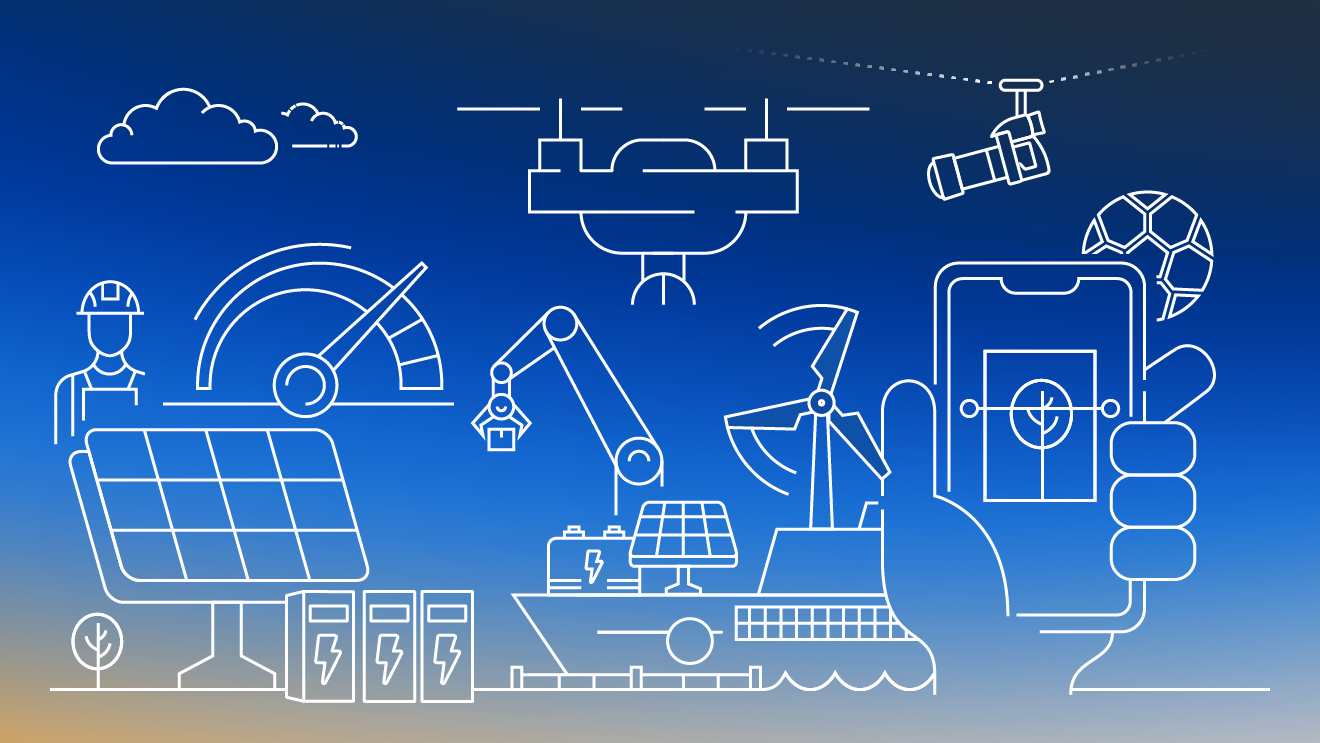The Evolution of Technology: A Glimpse Into the Developments of Recent Years
In the past few years, the world has witnessed an unprecedented surge in technological advancements. Rapid innovation has caused a paradigm shift in how we live, work, and communicate. This article aims to explore some of the most significant developments in technology in recent years, touching upon areas such as artificial intelligence (AI), virtual and augmented reality (VR/AR), 5G, quantum computing, and renewable energy.
Artificial Intelligence
AI has been at the forefront of technological advancements in recent years. With machine learning and deep learning models become more sophisticated, AI systems have achieved remarkable feats, surpassing human capabilities in some areas. Notable AI developments include:
- Natural Language Processing (NLP): AI models, such as OpenAI's GPT series, have revolutionized NLP with their ability to generate human-like text, understand context, and answer questions. These AI models are now being employed in various applications, including chatbots, virtual assistants, and content generation.
- Computer Vision: AI has made significant strides in computer vision, enabling machines to recognize and classify objects in images and videos. This has found applications in areas such as facial recognition, self-driving cars, and medical imaging.
- AI in Healthcare: AI-powered tools are transforming healthcare by assisting in diagnostics, drug discovery, and personalized medicine. These advancements have the potential to save lives and improve patient outcomes.
Virtual and Augmented Reality
The VR and AR landscape has evolved considerably, with new hardware and software pushing the boundaries of immersive experiences. Key developments include:
- Standalone VR Headsets: Devices such as the Oculus Quest 2 have made VR more accessible by eliminating the need for external sensors and powerful PCs. This has led to a surge in VR adoption for gaming, education, and training.
- AR Smart Glasses: Companies like Apple and Facebook have been working on AR smart glasses, which overlay digital information onto the user's view of the real world. These devices have the potential to revolutionize industries such as retail, healthcare, and entertainment.
- Haptic Feedback: The development of haptic feedback technology has made VR and AR experiences more immersive by allowing users to feel realistic touch sensations. This technology can be found in gloves, suits, and controllers.
5G Connectivity
The rollout of 5G networks has begun, promising faster download speeds, reduced latency, and increased network capacity. This new generation of wireless technology will enable advancements in IoT, autonomous vehicles, smart cities, and remote healthcare.
Quantum Computing
Quantum computing has made significant progress in recent years, with companies like IBM, Google, and Microsoft investing heavily in research and development. Quantum computers have the potential to solve complex problems that are currently impossible for classical computers, in fields such as cryptography, optimization, and material science.
Renewable Energy
As the world grapples with climate change, renewable energy technologies have become more efficient and cost-effective. Notable advancements include:
- Solar Power: The efficiency of solar panels has improved, and costs have dropped significantly, making solar power more accessible and competitive.
- Wind Power: Advancements in wind turbine design and materials have led to increased efficiency and reduced costs, bolstering the adoption of wind energy.
- Energy Storage: The development of more efficient and affordable batteries, such as lithium-ion and flow batteries, has facilitated the integration of renewable energy sources into the grid.
In conclusion, the world of technology has seen remarkable developments in recent years, with AI, VR/AR, 5G, quantum computing, and renewable energy leading the charge. These advancements have the potential to transform industries, improve lives, and shape the future in ways we can only begin to imagine. As we continue to push the boundaries of what is possible, it is essential to consider the ethical implications and strive toward a more sustainable and inclusive future.


